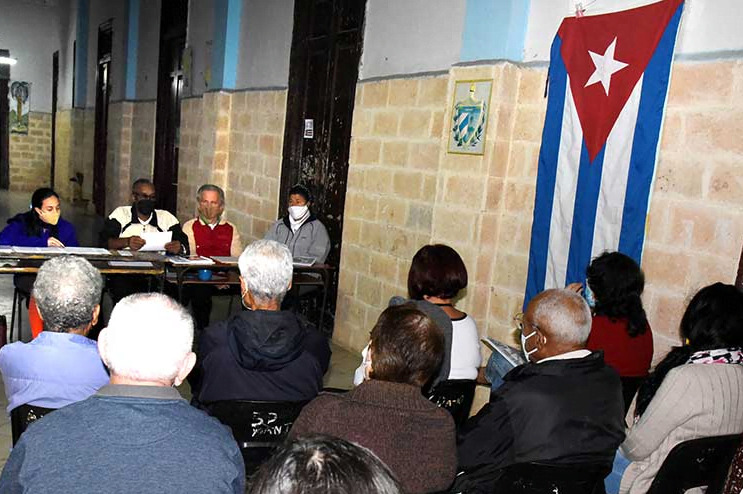
Havana, February 2 (RHC)-- The Code of Families is about love and justice, as defined by Alicia Céspedes, one of the seven million voters called today and until April to the popular consultation in Cuba.
During a meeting to analyze the regulation in her constituency in Havana, the 82-year-old considered that the proposal is pertinent taking into account the context, contemporary family problems and for the defense of people's rights.
"In the current conditions, we have to change," she asserted, while acknowledging latent challenges regarding the full understanding of the Code.
Local resident Elio Fidel López pointed out that the project is a very progressive ordinance and that, if approved, the country would be at the forefront in several issues.
He explained that precisely because of its advanced nature, it may contradict traditions and prejudices in society, but the regulation "does not take away anyone's rights, but rather provides them, and protects the most vulnerable", he emphasized.
In this regard, he praised the perspective of providing more guarantees to the elderly, an important approach taking into account the aging population in the country, he said.
The Code becomes a text that deserves general approval, remarked López.
Olga Morales mentioned that she knew about the contents of the document from the media, and affirmed to be "in agreement with the courageous changes of the Code and its more difficult approaches".
During the meeting, the deputy of the National Assembly of People's Power Magda Pérez stressed the importance of people consulting the proposal, "so that they are clear about what it establishes at the time of voting".
"It is a Code tempered to the current times; we can all see ourselves reflected in it", she sentenced.
Other reflections in the popular consultation meant the need to involve young people in the discussion of the bill, which, they emphasized, constitutes a reflection of each family, favors affective bonds and is against discrimination and manifestations of violence.
In addition, those present described the consultation process as an exercise in democracy, and called for their participation in it.
According to experts, the Family Code proposes a greater inclusion, not only of people who are different because of their sexual orientation, but also different because of their age, the exercise of capacity and plurality, as well as the recognition of multiparentality and socio-affective relationships.
The text was submitted prior to its debate in parliament and to a consultation with specialists in the legal field and the agencies of the Central Administration of the State.
In the current debate, until next April 30, in some 78 thousand meeting points, citizens inside and outside Cuba will be able to offer their approval, disagreement or proposals for modification to the outline of the law.
After such analysis, the National Assembly must approve a new version, which will go to a popular referendum.

